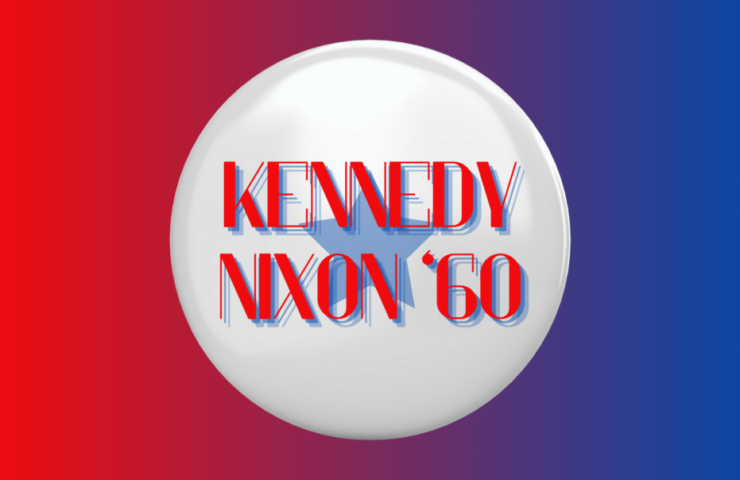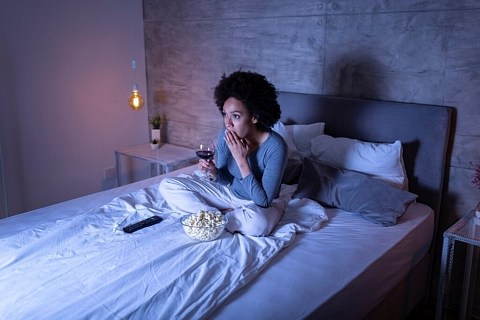Political debates have long been a captivating and integral part of civic life. From the spirited discussions at the 1776 Continental Congress to the modern-day presidential showdowns, such as the 2020 debate between current President Joe Biden and former President Donald Trump, these exchanges continue to shape public discourse.
The tradition is set to carry on with upcoming debates, including one between current Vice President Kamala Harris and Trump. But, the roots of this practice stretch far back, long before the rise of technology, to a pivotal moment on October 7, 1858, when Abraham Lincoln and Senator Stephen A. Douglas held a series of seven debates without a moderator.
Despite the absence of modern communication tools, these debates attracted crowds of eager listeners in open fields with the goal of drawing in voters across the country.
For Lincoln, it was a platform to present his beliefs and ideas while also elevating the national profile of the Republican Party.
Douglas, meanwhile, pushed to defend and promote his political legacy, especially his role in the Kansas-Nebraska Act, and maintain his prominence in the North.
The advent of radio in 1920 revolutionized political debates by bringing them to a broader audience, though it also introduced new challenges. The most striking example came with the first-ever televised presidential debate in 1960 between John F. Kennedy and Richard Nixon. Kennedy appeared calm, confident and charismatic, while Nixon, recovering from illness, looked tired, sweaty and ill-prepared for the visual demands of television.
While radio listeners believed Nixon had performed better, television viewers overwhelmingly favored Kennedy. His youthful energy and polished presence secured his edge in the debate, and arguably, in the election itself. Though Nixon performed better in later debates, Kennedy’s enchanting appeal had already made a lasting impact.
Through the introduction of technology like television–and later–the internet, candidates are no longer judged solely on the substance of their arguments but also on their demeanor, appearance and ability to navigate the rapidly shifting media environment.
In recent years, debates like the highly talked about 2020 presidential face-offs between Biden and Trump demonstrated how these events can become mistrusted, with voters sometimes more focused on generating viral moments for the press than genuine and deep discussions.
Nonetheless, they continue to serve as a vital stage for democracy, where candidates must articulate their vision in real-time and be ready for challenging views while also unfiltered by the carefully crafted speeches of campaign rallies.
As the nation moves forward, the upcoming debate between Harris and Trump promises to carry on this tradition, with the potential to shape political futures just as Lincoln and Douglas did over 160 years ago.
With the looming presence of social media, the format of political debates may continue to evolve. Ultimately, debates serve as a reminder that despite the technology, public discourse still matters, and the way a candidate handles these high-pressure moments can often be as telling as their policies.





Recent Comments